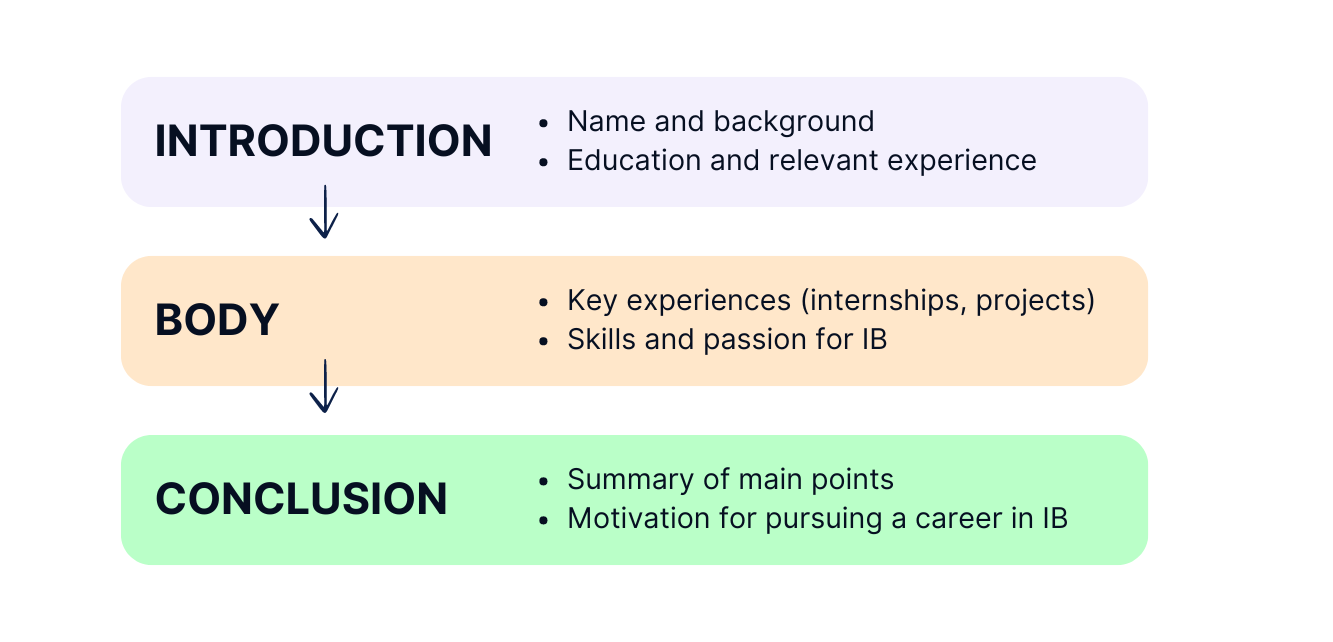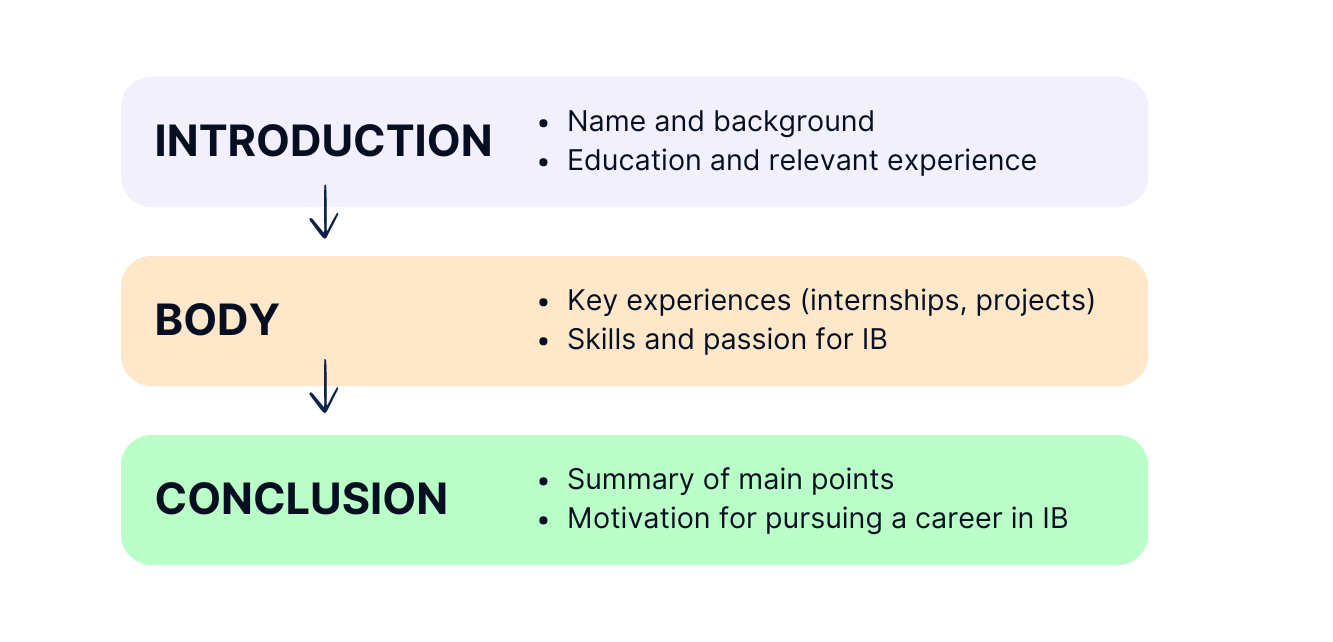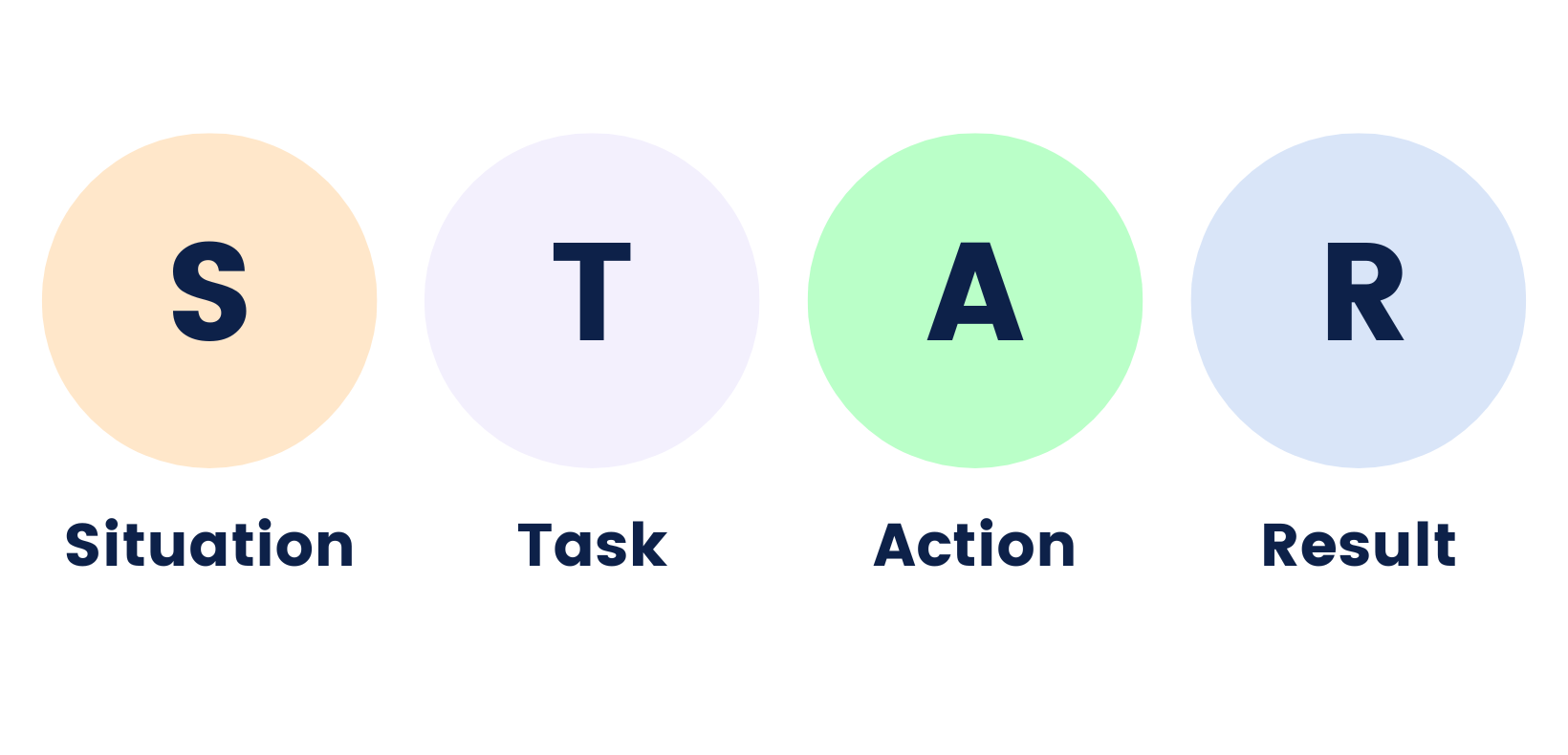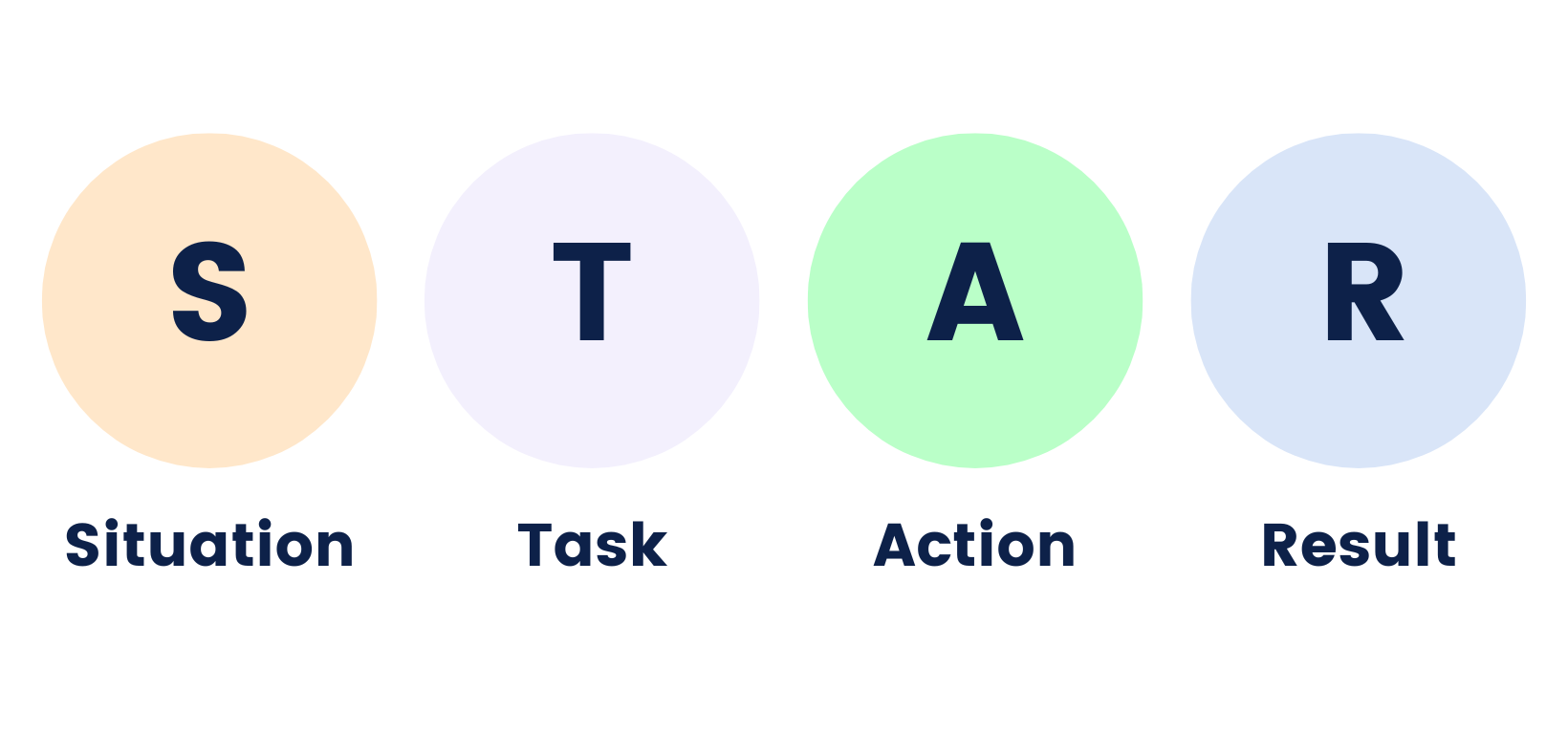Breaking into investment banking is the aspiration of countless students and graduates. A career at top firms like Goldman Sachs, JPMorgan Chase, or Morgan Stanley offers consistently fast-paced working environments, the potential for substantial income, and the chance to work on significant financial transactions.
That said, the work needed to land a position in this incredibly competitive field is more than just getting good grades and spell-checking your resume. Interviews in the investment banking space are known for their rigorous, comprehensive, and deeply investigative nature, typically being designed to test technical knowledge as much as company and culture fit.
Good preparation for these interviews can be the difference between being another resume in the pile and actually receiving a job offer. In this guide, we’re going to explore the entire investment banking interview process, so you know not only what to expect, but also how to stand out from the pack. From separating the interview process into manageable stages to mastering the technical questions and creating deeply compelling personal stories, this guide will help you get the knowledge and confidence needed to reach your goal of breaking into investment banking. 🎯











